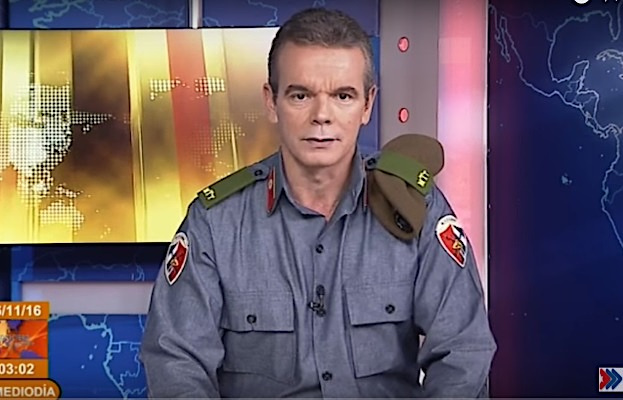These last ten years have been a great loss for the dictatorship, whose moral bankruptcy has been exposed by the independent media.

14ymedio, Pedro Corzo, Miami, 24 May 2024 — Castro’s populism, as soon as it came to power, broke the numerous fundamental components of a free society, among them the right to life and to freedom of expression and information.
Parallel to the executions, the newspapers accused of being close to the deposed regime of Fulgencio Batista — Alerta, Pueblo, Ataja and Tiempo — were looted and expropriated. They were then handed over to supporters of the Castros to become spokespersons for the new oficialismo, as in the cases of Combate y Revolución, the latter under the command of Carlos Franqui, with its six-inch headlines demanding al paredón (‘to the [execution] wall’).
Twelve months later, on January 25, editions of the Diario de la Marina, copies of the Prensa Libre newspapers, and the magazines Life, Times, and Selections of Reader’s Digest were burned in the Cuban capital. In May, with there no longer being a free press in Cuba, an event took place that showed the degree of servility of a sector of society, which ordered the symbolic burial of the Diario de la Marina, dean of the national press.
In Cuba, not only was freedom of the press eliminated, but the media that honored it were extinguished. No republican newspaper survived Castroism, neither in name nor in informative quality.
No republican newspaper survived Castroism, neither in name nor in informative quality
The information media – press, radio and television – were placed at the service of tyranny, becoming a reflection of the pharaonic dreams of the Castro brothers and transmitters of aberrant government slogans.
Journalism became – sometimes with the complicit participation of many communicators, due to self-censorship or their dedication to the regime – an objective to be


